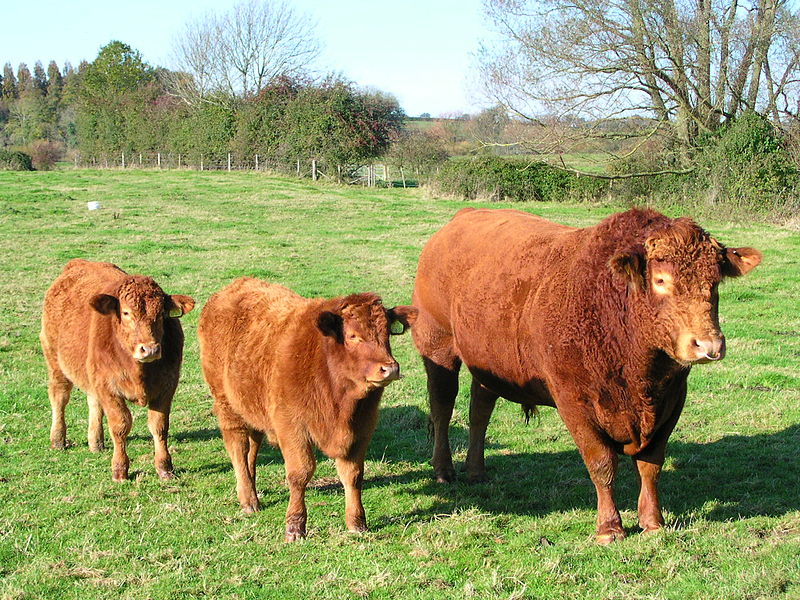
In the lead up to May’s general election, one issue proved more divisive than any other for rural areas: how best to tackle Bovine TB.
Like many other areas of rural debate, the solutions offered by the opposing parties were as diverse as those offered by farmers, scientists and environmentalists. But according to a leading Lloyd’s of London livestock underwriter, the insurance market is growing increasingly concerned about the spread of the disease. Farmers, mainly located in counties where testing is on an annual basis, are finding it tougher to buy cover.
·Bovine TB cost tax payers £500m between 2000–2010, the estimated cost in 2014 alone was £100m
·Changes made by the Government have reduced the availability of insurance for famers
·The reduced availability of insurance and increased risk profile is likely to lead to increased prices
·Farmers that insure herds for more than ‘property perils’ are likely to be in the minority
·A ‘Flood Re’ type pooled insurance solution has been suggested
Sophie Dunkerley, AEGIS London’s Class Underwriter for livestock, commented:
“Lloyd’s livestock underwriters are well versed in assessing and pricing complex and unusual risks. The threat of Bovine TB remains one of the most fiercely debated topics, blighting herds in the UK and further afield.
“While the insurance industry does play a role in mitigating some of the risks for famers, a lack of consultation with the insurance industry is leading to a reduction in the number of insurers and policies available. This needs to be addressed urgently to avoid adding to the burden already being faced by farmers.”
Sophie Dunkerley is Class Underwriter for livestock for AEGIS London, a syndicate trading on the Lloyd’s of London insurance market. She has a degree in Animal Science and a Masters degree in Business Management for the Food and Agricultural Industries along with practical knowledge and experience in the welfare, husbandry and management of livestock and the risks surrounding their production, breeding or exhibition with a specific focus on livestock disease.
